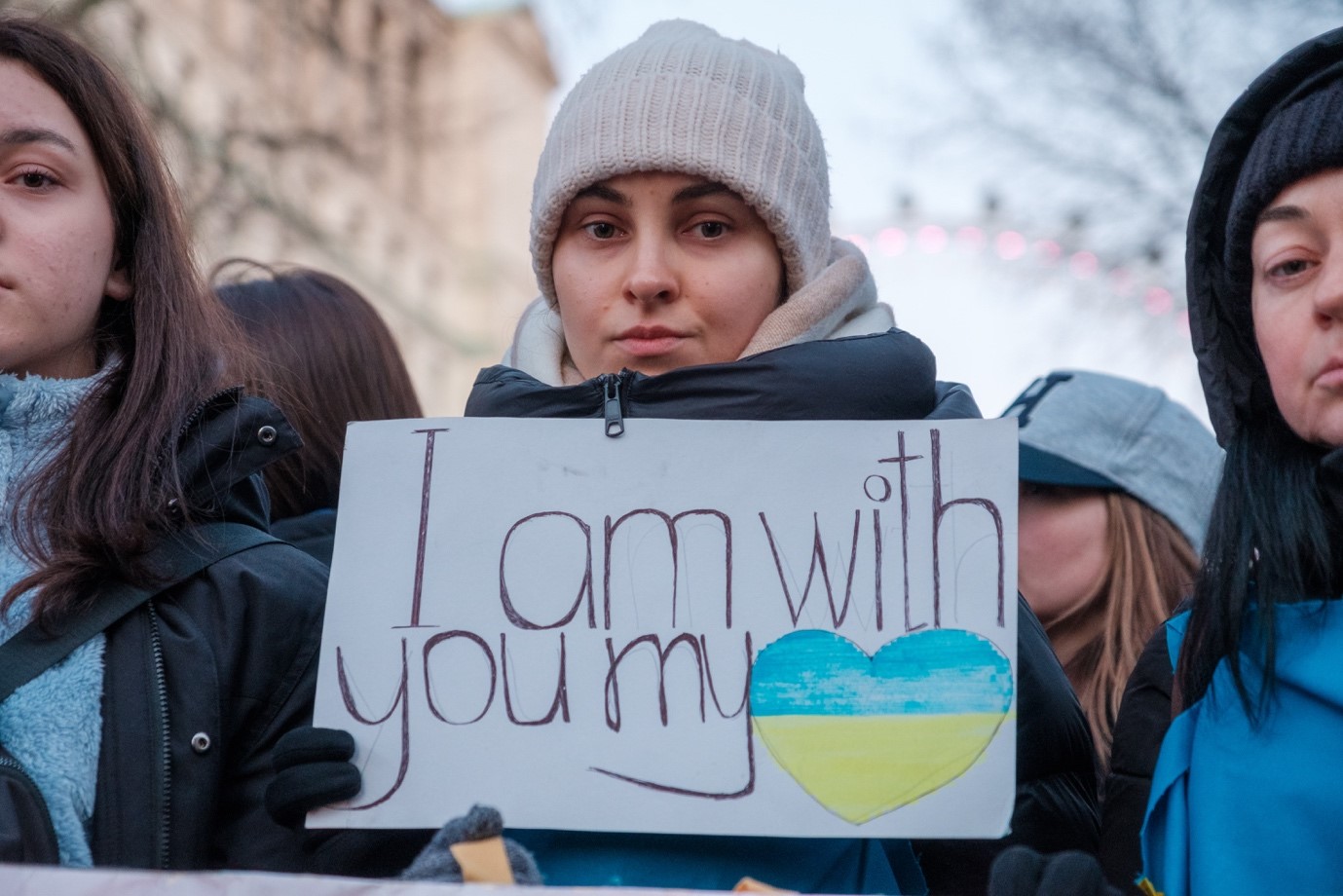Since the Russian invasion of Ukraine in February 2022, the UK and its Western allies have imposed economic sanctions on Russia. This has included a number of import and export restrictions on Russia, meaning certain goods and services can no longer get through UK customs controls.
In this article, we’re going to be exploring how these sanctions on Russia have affected UK trade. To find out exactly how disruptive the sanctions have been, we’re going to be looking at the controls that are currently in place on exports and imports. We’ll also be looking at how these controls have both indirectly and directly affected our economy.
How Import Controls of Russian Goods Have Affected UK Trade
Following the restrictions on trade, imports of goods from Russia to the UK have decreased to £33 million in June 2022. According to ONS, this is a 96.6% drop from the average monthly imports in the 12 months to February 2022. These are also the lowest level since records began, in January 1997.
Below, we’ll talk a look at how the UK has increased trade tariffs on certain Russian goods, as well as how our energy supply and consumption have been affected.

Increase in Import Tariffs
Since the Russian invasion of Ukraine, the UK has increased import tariffs on a number of goods from Belarus and Russia. An additional 35 percent duty has been applied on top of the existing tariff measures. Products that are affected are those that are important to the Russian economy, and include iconic Russian goods such as vodka and fur clothing.
Agricultural Products
Although, historically, the UK has never imported much Russian or Ukrainian grain, countries in Africa, Asia and the Middle East are all major consumers. It is also important to consider that we live in a global society, and therefore any disruption caused can quickly have a ripple effect on other countries.
It is therefore predicted that, later this year, the UK, alongside America and Europe, could see higher prices on the supermarket shelves for products such as meat and bread.
Energy Consumption and Supply
In 2019, the UK imported around 13% of its total fuel from Russia, however, in June 2022, that figure dropped had dropped to zero. It’s also important to note that the imports in 2019 to the UK were almost entirely comprised of oil and petroleum products and precious metals. Additionally, in 2021, Russia was the largest external supplier of gas to Europe and the UK, with pipeline deliveries accounting for 31% of their total supply.
While figures also suggest that the UK is less reliant on Russia for a direct energy supply than other European countries, any disruption to global supply chains will indirectly affect wholesale prices in Britain. Since April 2022, the UK has already been feeling a spill-over effect from the international commodity market, with energy prices skyrocketing.
Export Controls to Russia Affecting UK Trade
Russia accounts for just 0.7 percent of UK goods and services exports, with the biggest exports to Russia being vehicles and their parts, machinery, and appliances. Below, we’ll take a look at what items the UK have banned exporting to Russia, as well as international businesses that have also suspended trading.
The Ban on Dual-Purpose, Luxury Items and Flights
Since the Russian invasion of Ukraine, the UK has introduced a ban on all dual-purpose goods, technology and luxury items to Russia. This includes goods for both civilian and military use. In addition to this, the US, UK, EU and Canada have placed a ban on all Russian flights.
Statistics have shown a drop of £168 million (66.9%) in exports to Russia since February 2022. The commodity that’s seen the biggest drop in the market is machinery and transport equipment, decreasing by £118 million (91.3%).
Shipping giants, such as Maersk and MSC, have also faced logistical issues with getting goods to and from Russia. They have, therefore, already halted all cargo bookings to and from the country which has inevitably caused disruption to Russia’s economy.
International Companies Suspending Trade
On top of the export restrictions put in place by the UK government, many Western companies have either suspended trading in Russia or withdrawn support altogether. This includes international businesses such as Marks & Spencer, Coca-Cola, and Mcdonalds.
Exemptions from the Sanctions
While the UK government has halted a large number of trade imports to Russia, there have been some exemptions. This includes chemicals, which have been the only commodity to see an increase over this period.
This drive is due to the increase in exports of medicinal and pharmaceutical products, with a £39.1 million increase (61.8%). Products seen as essentials such as food, humanitarian goods, and medical equipment are exempt from such trade restrictions.
Russia’s Impact on UK Trade

While it is clear that the UK’s restrictions on imports and exports have affected UK trade both directly and indirectly, it is hard to predict how severe the effects will be felt on the UK economy long-term. The economic impact of war can depend on the size and scale of the conflict, and therefore the severity of the sanctions.
However, it is also important to consider other factors which have caused economic disruption in recent years. For example, COVID and intense weather conditions due to global warming have contributed to energy prices skyrocketing globally.

Leave a Reply